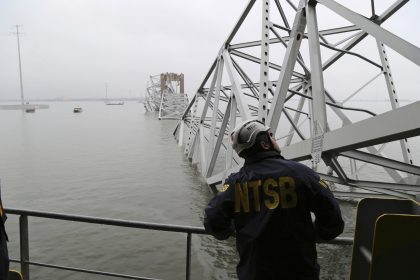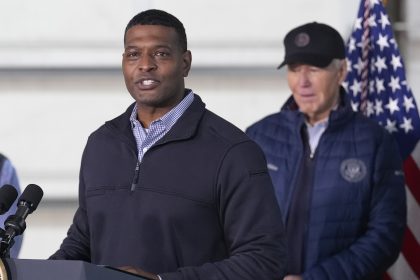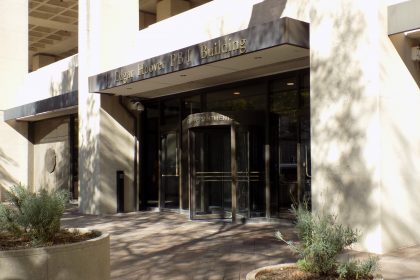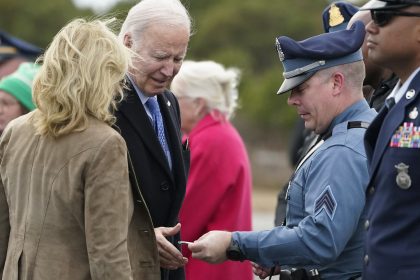Critical Deadlines Loom for Highways, Airlines and Transit
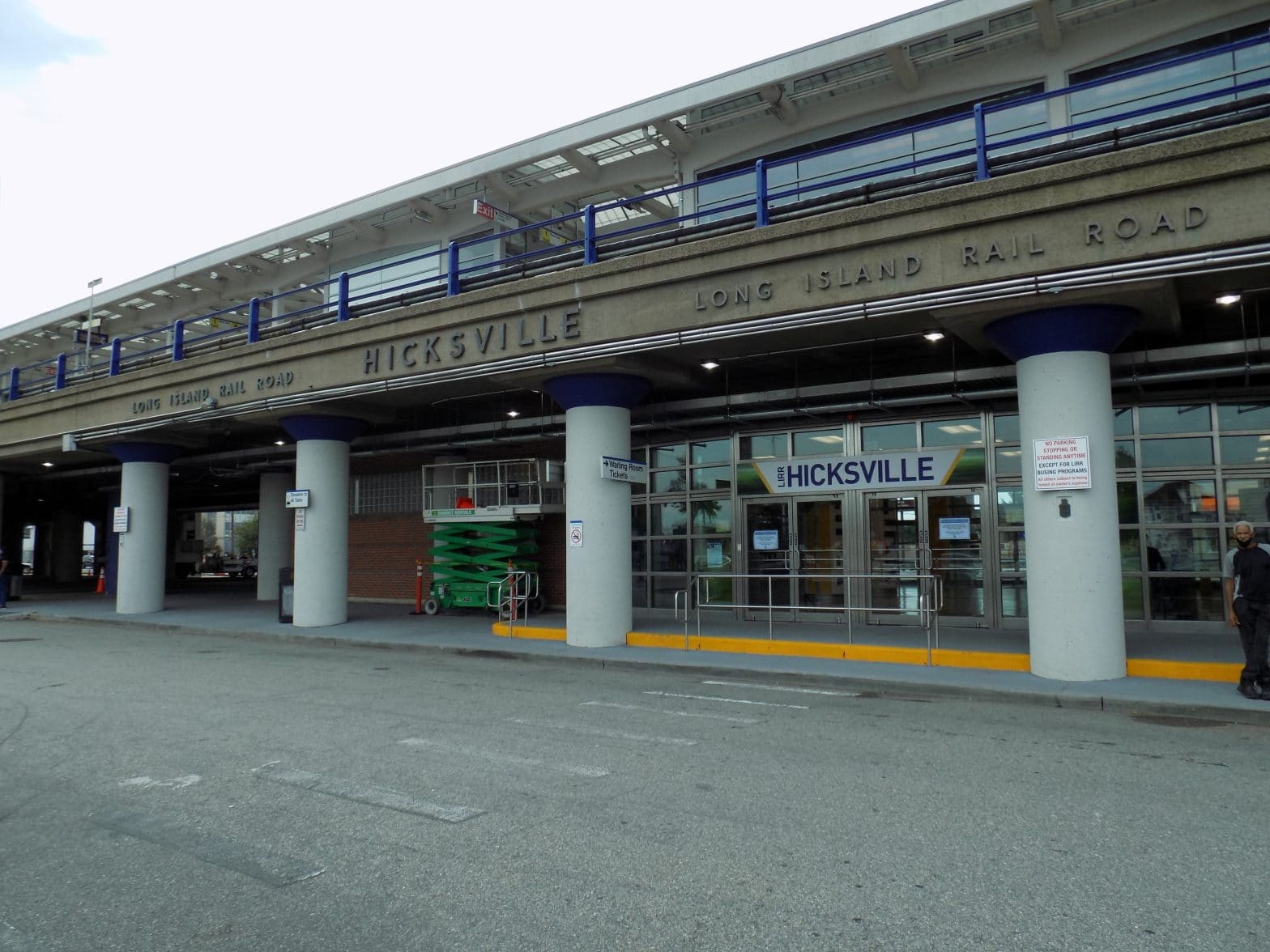
WASHINGTON — With just weeks left in the legislative year, Congress faces two big transportation deadlines on Sept. 30, a transportation to-do list and potentially dire consequences if it does not act.
Without congressional involvement, airlines have signaled they will lay off thousands of workers this fall. State highway departments could grind projects to a halt, and transit agencies could slash services.
With the economy already teetering, analysts fear inaction on these crises, all caused or made worse by the COVID-19 pandemic, could hinder eventual recovery.
“There is absolutely an impact of the national economy slowing down if we can’t maintain our transportation system to the degree that we have in the past,” said Adie Tomer, head of the Metropolitan Infrastructure Initiative at the Brookings Institution.
Among the deadlines lawmakers face:
An extension of the Payroll Support Program, a tranche of funding that allowed airlines to keep employees on the payroll despite decreased fliers. The program expires Sept. 30.The extension of current highway and transit law. While many authorizing laws can stretch past their deadlines, highways and transit are paid for via the federal gas tax-funded Highway Trust Fund. Congress must act by Sept. 30 or the current law expires, and the highway trust fund will run out of money shortly thereafter.
And while there’s no set deadline, virtually every mode of transportation continues to feel the effects of the COVID-19 pandemic, with steep drops in ridership and some modes facing possible economic disaster. Transit, in particular, has been hard hit.
The most urgent need for transportation interests is a new round of pandemic spending.
The House and Senate went home in August with no deal for a next round of funding, and while House Democrats passed a $3 trillion spending bill May 15, the Senate’s bill has not moved.
The House bill would provide $15 billion for state departments of transportation and $15.75 billion for transit.
The Senate’s proposal would give $10 billion to airports.
Neither addressed the need to extend the $32 billion Payroll Support Program that was approved as part of the March aid package and includes $25 billion for passenger airlines, $4 billion for cargo airlines and $3 billion for contractors.
That measure expires Sept. 30, and a coalition of 16 GOP senators and 223 House members have written letters urging an extension through March 31, 2021.
Airlines have already signaled plans to furlough some 100,000 workers if the aid is not renewed. American Airlines on Aug. 25 announced it would lay off or furlough 19,000 workers without it. United Airlines in July signaled it would lay off 36,000 employees this fall.
The Association of Flight Attendants-CWA said in all, nearly 100,000 airline employees have been issued WARN notices — the first of what could be multiple waves of airline layoffs.
“I’m angry,” said Sara Nelson, international president of the association. “There is incredible agreement on Capitol Hill, yet we can’t get to a deal.”
But Marc Scribner, a senior transportation analyst for the Reason Foundation, said he worries that unless the pandemic abates, airlines will need round after round of bailouts through at least 2024 to survive.
“At some point, presumably, are we just delaying the inevitable for these airlines?” he asked.
With less than a month to go before the current highway law expires, the House and Senate appear far apart on how to move forward.
The Senate Environment and Public Works Committee in July 2019 unanimously passed a $287 billion, five-year surface transportation bill, but three other Senate committees with jurisdiction — Commerce, Science and Transportation, Banking, Housing and Urban Affairs, and Finance — have yet to act.
The House, meanwhile, passed a five-year, $494 billion bill on July 20 without Republican support. Senate Republicans have dismissed that measure as a nonstarter.
On Friday, the ranking member of the House Transportation and Infrastructure Committee signaled an extension was all but inevitable.
“The first priority must be providing the certainty of a long-term extension, but Congress also needs to work together to ensure transportation projects around the country are not halted due to the economic and operational impacts on state transportation funding caused by the pandemic,” a spokesman for Rep. Sam Graves, R-Mo., said. “Once a long-term extension is secured, Congress should get back to work on a bipartisan surface transportation bill that can pass Congress and be signed into law.”
Jeff Davis, a senior fellow with the Eno Center for Transportation said that in 2010, the last time the highway bill wasn’t extended in time, every federal Department of Transportation employee whose salary was paid out of the Trust Fund was furloughed.
States were permitted to continue work on ongoing projects, but could not be reimbursed, which put them in a crisis. And work on some highway projects, such as federal lands highways, were immediately suspended.
Some argue that a clean extension of the current surface transportation law is the only possible outcome at this point.
Scribner, of the Reason Foundation, said that may be for the best. The pandemic could be deeply transformative, pushing more Americans to work from home and changing commuting patterns permanently, rendering new highways unnecessary.
Beyond that, COVID-19 has hit state finances as well. Even as the highway trust fund approaches its deadline for reauthorization, state gas taxes have plummeted in the wake of the pandemic.
In July, the American Association of State Highway and Transportation Officials called for $37 billion to help state DOTs navigate the crisis. The House bill that passed in May included $15 billion.
Tomer said as cities and states increasingly feel the crunch, they’re going to have to make hard choices.
“It is going to be so quick and so massive that there’s going to be very little choice but to put infrastructure projects as easy priority areas for cuts,” he said.
That won’t help the recovery. Economies recover more slowly “if we can’t maintain our surface transportation system to the degree that we have in the past,” he said.
Transit has been laid low by the coronavirus and several major metropolitan systems report that they face increasingly dire financial circumstances.
The Washington Metropolitan Area Transit Authority was losing $2 million every workday as of July, meaning without additional federal aid, the system will be “left with some very difficult choices,” according to Paul Wiedefeld, the general manager and CEO.
New York City’s Metropolitan Transit Authority on Aug. 26 announced it would need $12 billion in federal aid in order to avoid fare and toll increases and service cuts of up to 40% this fall. MTA chairman and CEO Patrick Foye said “continued indifference and inertia in the COVID-19 relief bill will exact a horrific toll” on the agency and its customers, and pinned the blame on the U.S. Senate.
Ward W. McCarragher, vice president of government affairs for the American Public Transportation Association, said transit faces three cliffs.
He said without additional supplemental funding to offset revenue decline caused by the pandemic, authorizing legislation through the highway bill and appropriations, “the Federal Transit Administration will be unable to make additional grants.”
“I don’t think public transit has ever faced the challenges it faces with the COVID pandemic,” he said. “And given that and the essential role it’s played in getting workers to help our communities, we need to continue to provide this essential service.”
Tomer said a loss in transit could be disastrous for the very essential workers that Americans have come to rely on during the pandemic.
“When transit agencies have to make draconian cuts that are actually cutting off someone’s economic lifeline — going to work, collecting a paycheck — that is by far my bigger concern,” he said. “It really is the last line of economic certainty for people to be able to get to work.
“I cannot see a path where this doesn’t become a louder conversation,” he said. “I think the urgency of it will continue to grow.”
———
©2020 CQ-Roll Call, Inc., All Rights Reserved
Distributed by Tribune Content Agency, LLC.


















